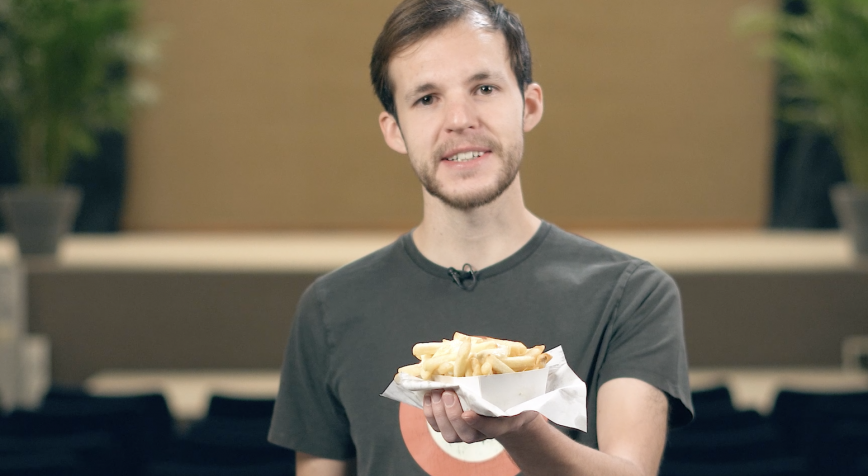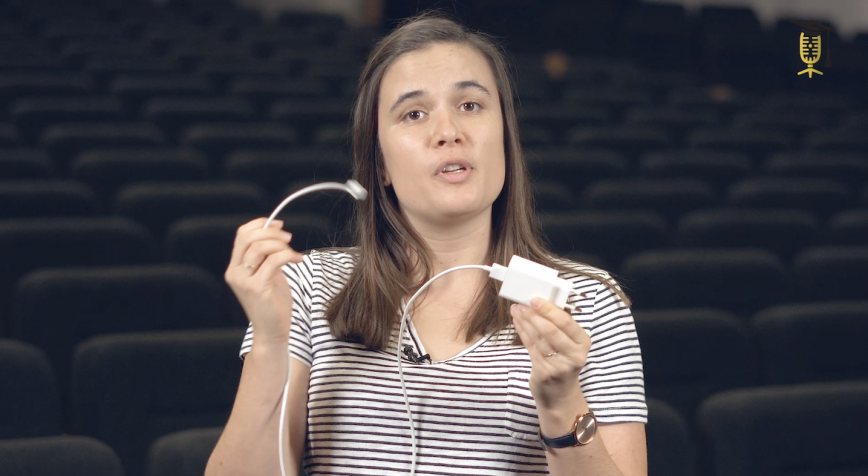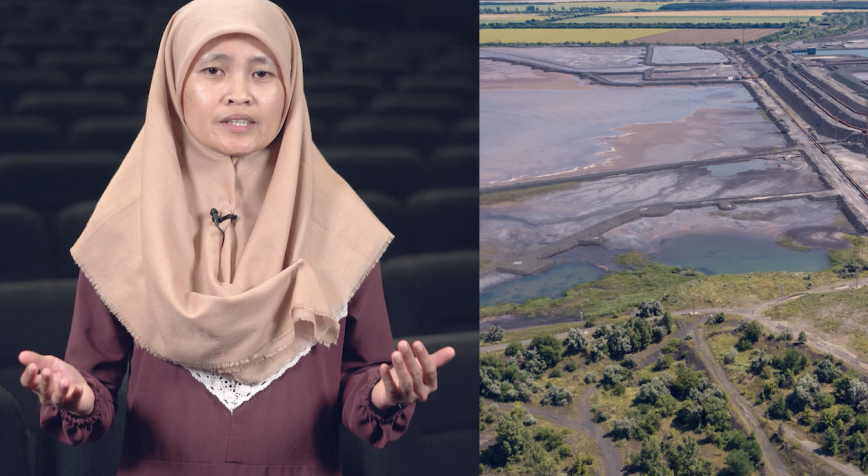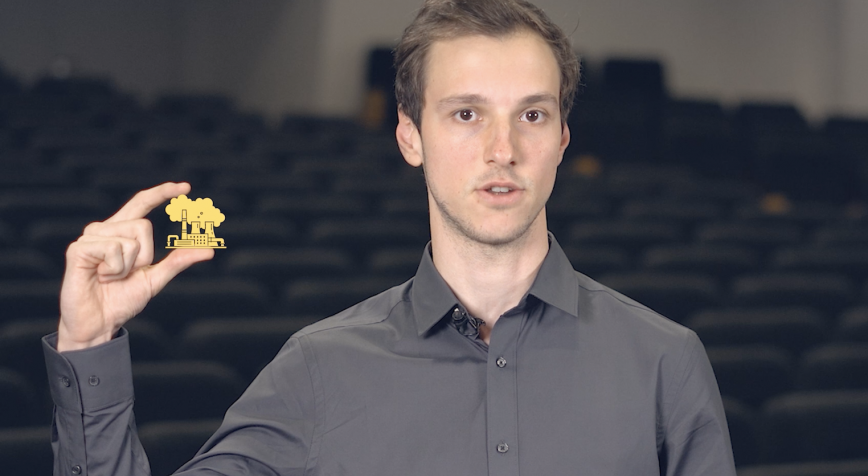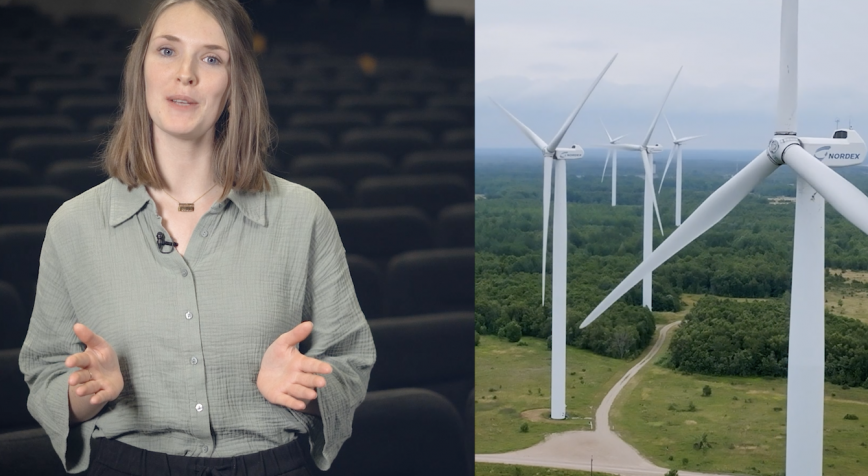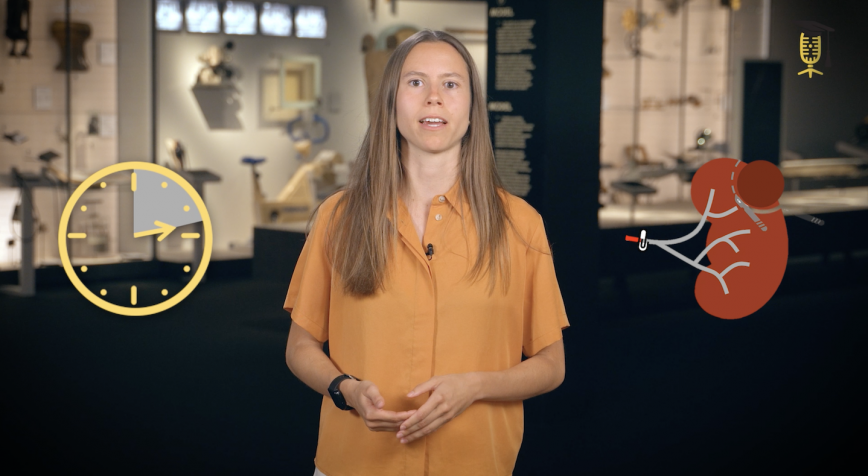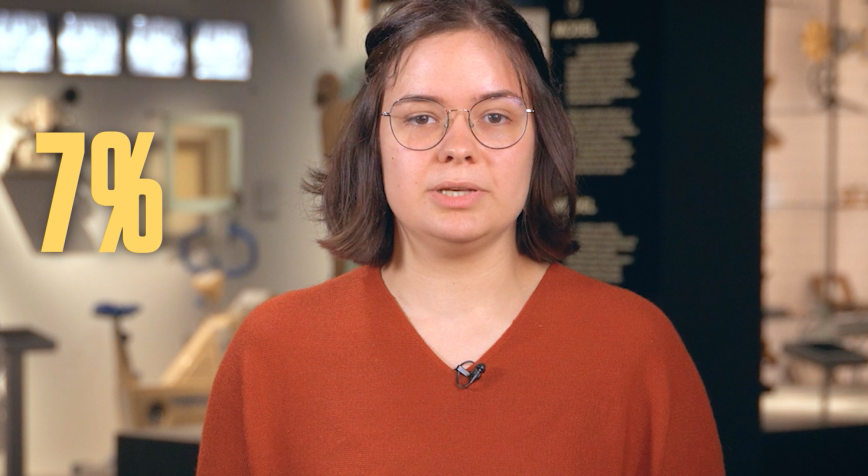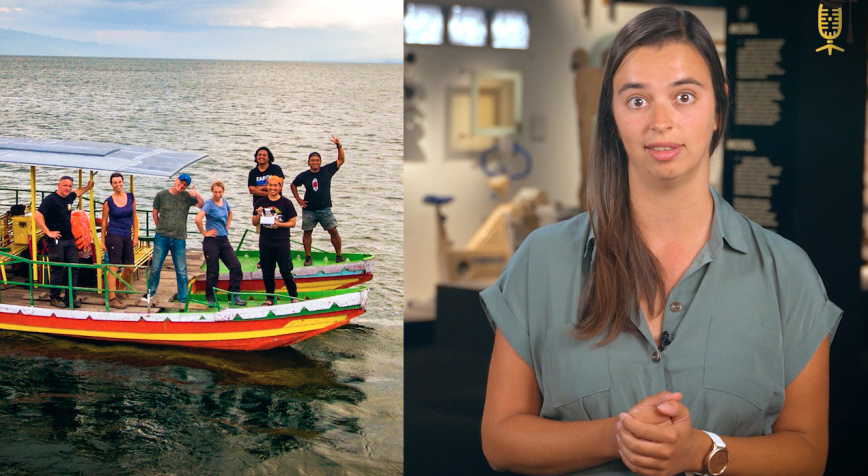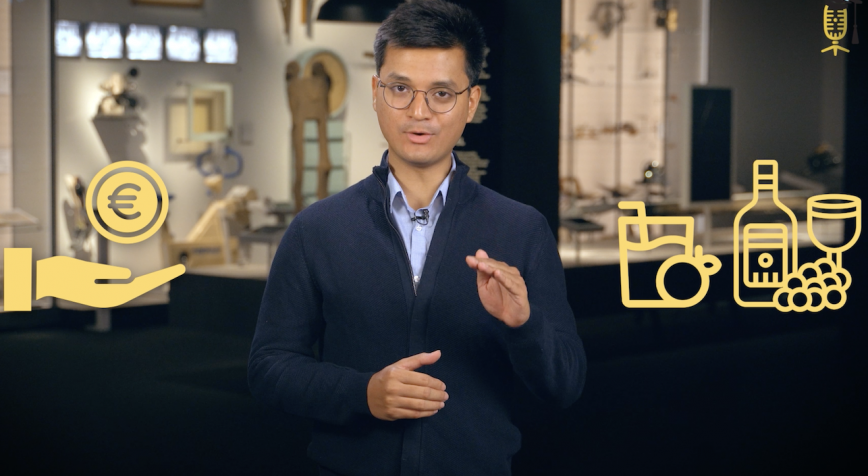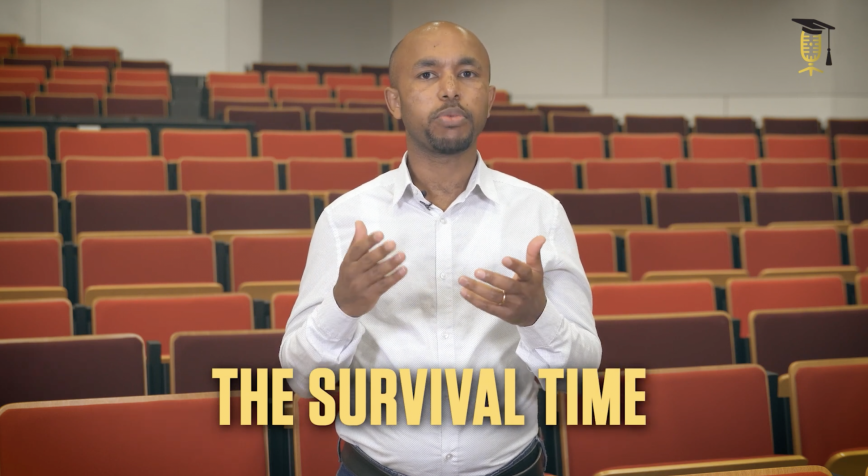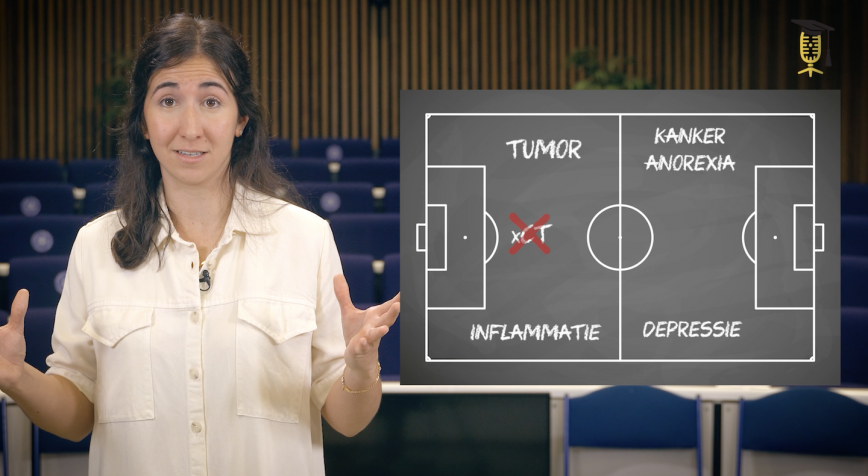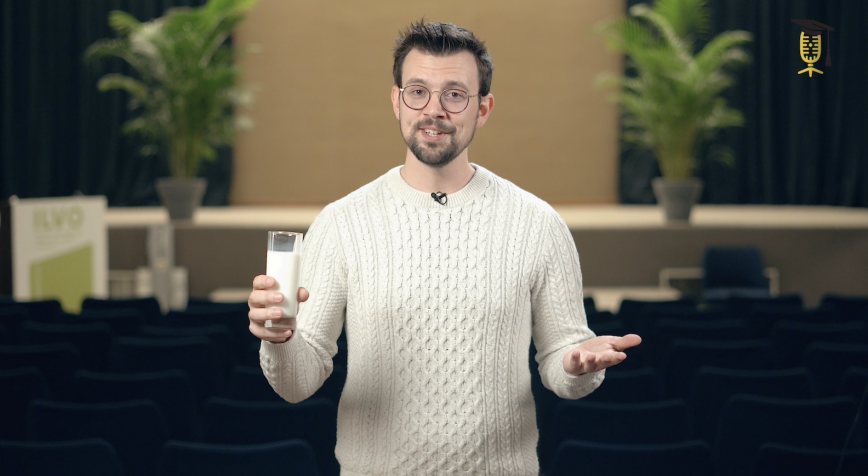
ILVO
KU Leuven
Smart measurement of emissions in dairy barns
Milk is a source of many delicacies, such as cheese and ice cream. Unfortunately, milk also has a smell to it... Cows produce ammonia and methane through their breath and manure. These harmful gases are mainly released when cows are in their stables. In his Ph.D., Kobe Coorevits is looking for a way to accurately and affordably monitor the emission of these gases in dairy barns.
